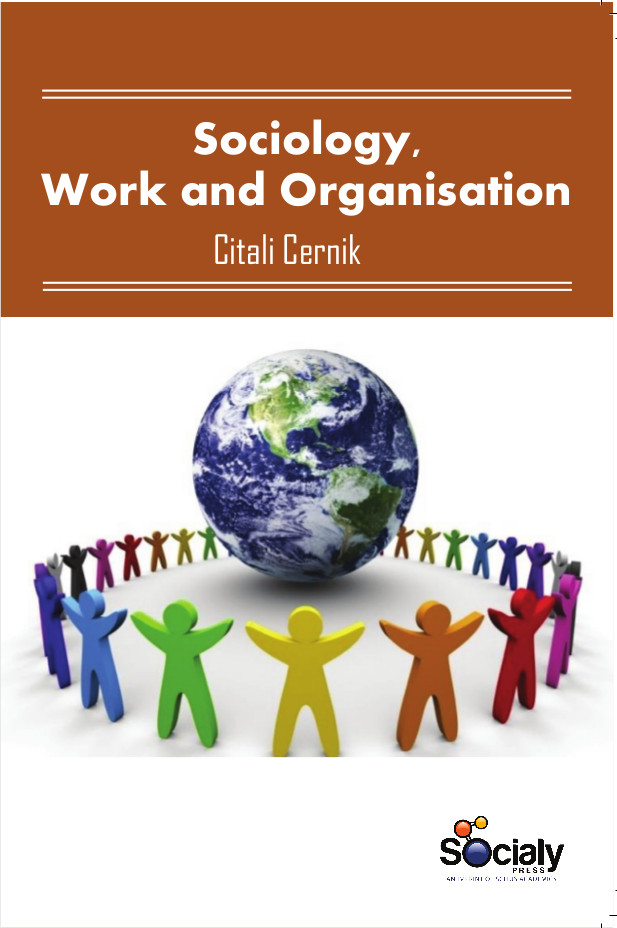Sociology is much concerned with understanding social structures and Organisational sociology gives much attention to the internal structure of the Organisations, such as the managerial hierarchy, as well as to the external structures that connect Organisations, such as strategic alliances. Organisational sociology tends to focus on work Organisation s, although it is equally concerned in principle with non-profit and other types of Organisation, and hence has particular links with other sociological approaches which also study work situations. The eminent US sociological theorist, Talcott Parsons, propounded a functionalist view of society as being a social system. Parsons saw the Organisation in this light, stressing that Organisations helped society solve adaptive problems by providing instruments capable of getting work done and attaining specific goals. While adapting to their environments in a task sense, Organisations had also to justify themselves. Parsons sees Organisations as containing three levels: the lower level focused on technical efficiency, the middle managerial level that coordinates and adapts these technical resources, and the upper or institutional level that legitimates the Organisation to the wider society. Following World War II, industrial sociology thrived for a time, developing classic studies on systems of managerial authority, the informal group behaviors that govern workplace life, and the lines of conflict that arise as workers informally negotiate with their managers. Since then, the field has fully-fledged increasingly multifaceted and internally discerned. While much research has focused on the characteristics of workers’ jobs other areas of concern have proliferated, including studies of new, post-bureaucratic forms of work Organisation; the influence of race and gender in shaping the allocation of workers into jobs and occupations; the
distinctive features of service occupations; the operation of labor markets (whether within the firm or beyond its boundaries); and the relations between work Organisations and their wider institutional environments.
Sociology, Work and Organisation is concerned with the social relations, normative codes, and Organisational structures that inform the behavior, experience, and identities of people during the course of their working lives. It examines Organisations with courtesy to structure and objectives, interfaces among fellows and among organisations, the relationship between the Organisation and its environment and the social significance or social meaning of the Organisation.













